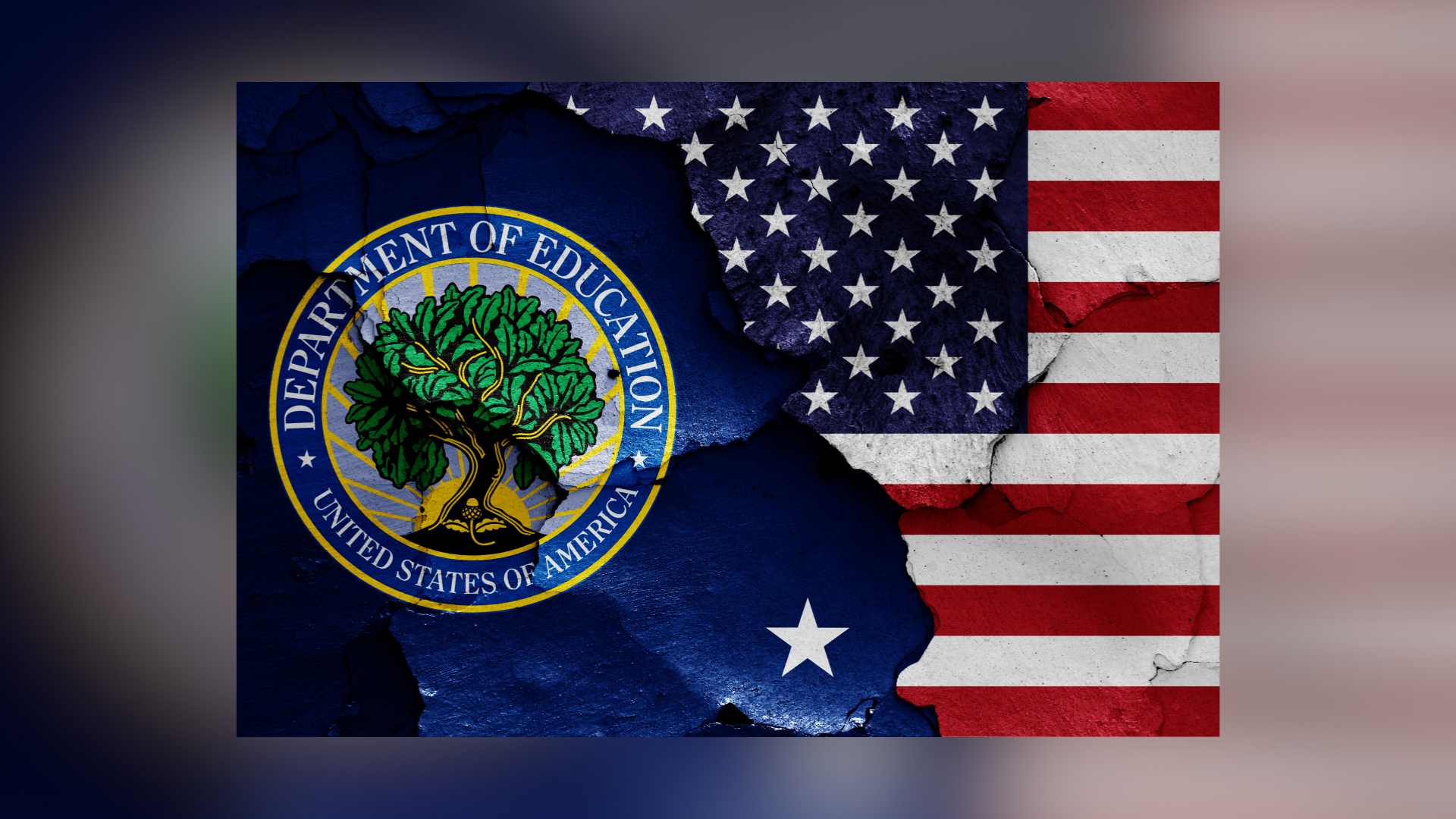The college and university system in the United States, including many primarily online institutions, has been having a tough go for over a decade now. Overall new student enrollment has been trending down, roughly 30% of traditional freshmen drop out before year-2, tuition costs have skyrocketed over 1,300% since the late 1970’s…
And now the US Department of Education wants to add additional oversight on online colleges.
It’s a squeeze that many in the online education space feel is not only unnecessary but could stifle innovation, reduce some course enrollments, and add additional burdens in already difficult times.
The new oversights the department is proposing include the taking and reporting of attendance for online classes, additional information gathering and reporting on class enrollment, and the end of asynchronous learning options for technical or certificate clock-hour programs, among others.
If the proposal is enacted, the changes would take effect on July 1 of 2025.
The Education Department says these changes are necessary to “increase college access and quality…”
However, Jordan DiMaggio, VP of policy and digital strategy at The Online and Professional Education Association told Inside Higher Ed, “There’s questions on whether the department is truly focused on protecting students’ outcomes and taxpayer dollars.
“Or do they kind of reveal an antiquated bias against online education that’s framed by some suspicion and distrust of the field as a whole?”
“Revealing antiquated bias against online education”
With overall enrollments at brick and mortar colleges and universities having been on a decade long down-trend, these new proposals may, and we emphasize may, be structured to favor brick and mortar educators over online educators…
But could come at the expense of adult learners who require flexibility in learning.
In fact, Senior Director of Government Relations at the American Council of Education, Emmanual Guillory, said the elimination of asynchronous clock-hour programs could hurt nontraditional students, like adult learners and lower income students.
“Because they can do it at their own pace, they’re working two or three jobs. They’re trying to support their families in whatever way, and they don’t have the luxury to have a carved-out time every week to go sit in the classroom with their peers and learn.
“What you’re doing is you are limiting the ability of these students to access postsecondary education by using student aid funding, and this could have a huge impact on low-income students,” said Mr. Guillory to Inside Higher Ed.
Institutions of higher education, both traditional and online, are already having difficulties with new student enrollment, current student retainment and balancing budgets. Adding more burdensome regulations may only further these issues.
As the Education Department said in its July 17 press release, the new regulations are needed to “increase college access and quality…”
Yet, reducing educational options for working adults… reduces access.
For information on how Conversion Media Group can help you increase enrollments in your online programs, simply visit us HERE.
Or call +1 800 419 3201
Online college enrollment initiatives are our expertise.
- 52 Statistics & Reasons Not to Go to College: 2024 Data & Analysis – Financesonline.com
- Biden-Harris Administration Releases Proposed Regulations to Increase College Access and Quality, and Strengthen Oversight of Distance Education | U.S. Department of Education
- Education Department wants more data about distance ed (insidehighered.com)

